H.R. 1811: Judicial Ethics Enforcement Act of 2025
This bill, titled the Judicial Ethics Enforcement Act of 2025, aims to establish an Inspector General specifically for the judicial branch of the United States government. Here’s a breakdown of its key provisions:
Creation of the Office
The bill proposes the establishment of the Office of Inspector General for the Judicial Branch (referred to as "the Office"). This new office will be responsible for overseeing and ensuring ethical conduct within the judicial branch.
Inspector General Appointment and Role
The head of this office will be the Inspector General, who is appointed by the Chief Justice of the United States. The appointment will require the Chief Justice to consult with various congressional leaders, including the majority and minority leaders of the Senate and the Speaker and minority leader of the House of Representatives. The Inspector General will serve a term of four years, with the possibility of reappointment.
Duties of the Inspector General
The Inspector General will have several responsibilities, including:
- Investigating alleged misconduct within the judicial branch (excluding the Supreme Court).
- Looking into potential violations of the Code of Conduct for Justices of the Supreme Court.
- Conducting audits and investigations.
- Preventing and detecting waste, fraud, and abuse within the judicial system.
- Recommending changes to laws or regulations affecting the judicial branch.
Powers of the Inspector General
To carry out its duties, the Inspector General will have the authority to:
- Conduct investigations and issue reports.
- Obtain assistance and information from governmental agencies and other entities.
- Issue subpoenas to compel testimony and document production.
- Administer oaths and hire staff necessary for the Office's operations.
- Engage in contracts for audits and studies, as long as provided for by appropriations laws.
Limitations on Authority
The Inspector General will not have the authority to:
- Investigate or review judicial decisions or procedural rulings.
- Discipline judges or court officials directly.
Reporting Requirements
The Inspector General is tasked with providing annual reports to the Chief Justice and Congress, as well as prompt reports on urgent matters needing attention. If a report contains sensitive information, it may be presented to Congress in a closed session.
Whistleblower Protection
The bill includes protections for whistleblowers in the judicial branch, preventing retaliation against any individual who assists or provides information to the Inspector General's investigations. Individuals who face discrimination or retaliation will have the right to seek relief through civil actions.
Technical Amendments
The bill also includes technical amendments to existing laws to incorporate the new office into the U.S. Code.
Relevant Companies
None found.
This is an AI-generated summary of the bill text. There may be mistakes.
Sponsors
13 bill sponsors
-
TrackMelanie A. Stansbury

Sponsor
-
TrackEmanuel Cleaver
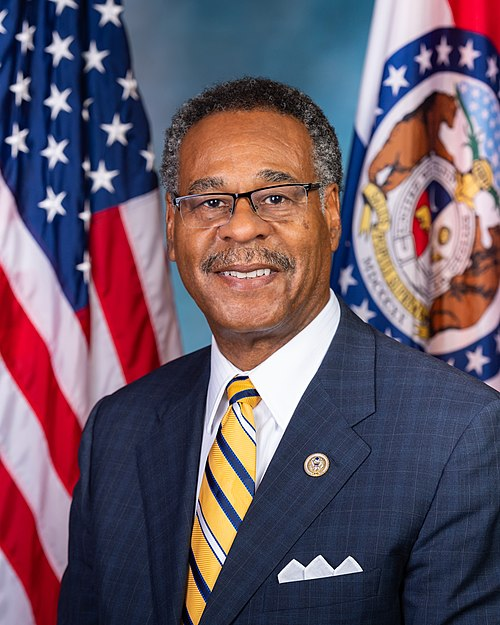
Co-Sponsor
-
TrackJasmine Crockett

Co-Sponsor
-
TrackJesús G. "Chuy" García
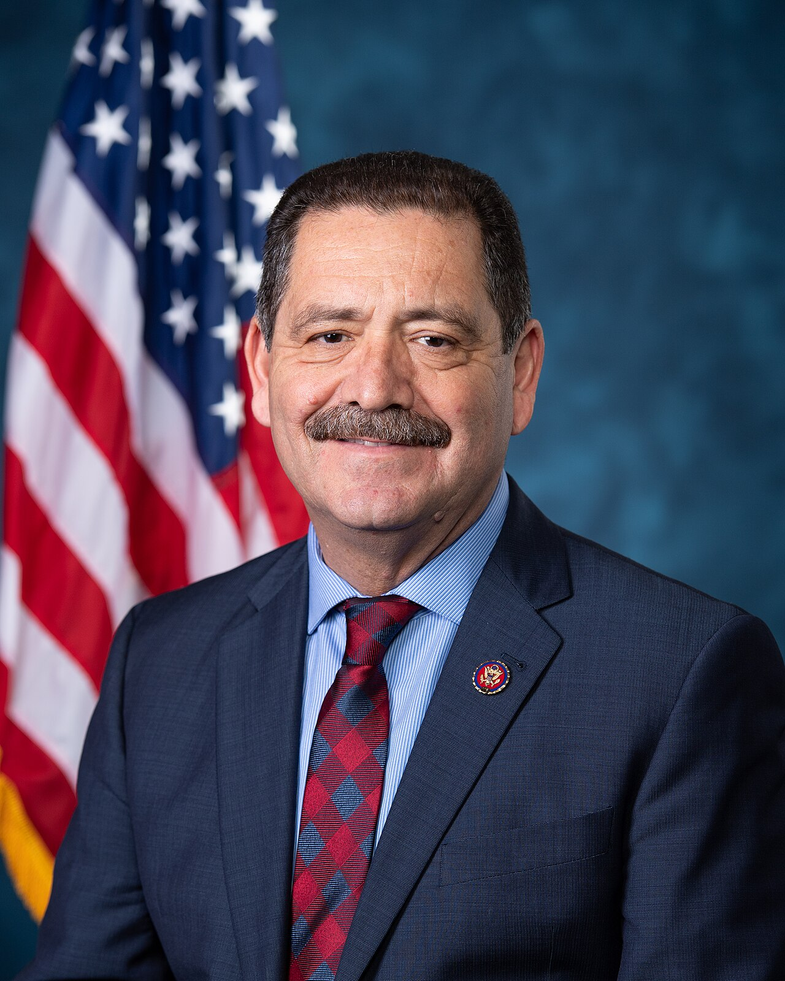
Co-Sponsor
-
TrackHenry C. "Hank" Johnson, Jr.

Co-Sponsor
-
TrackSeth Magaziner
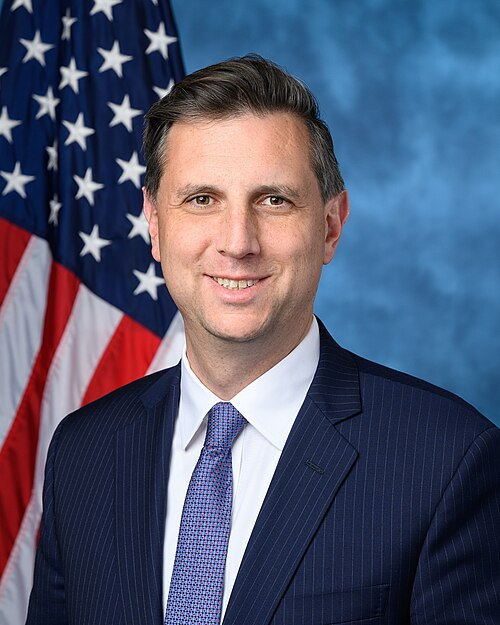
Co-Sponsor
-
TrackBetty McCollum
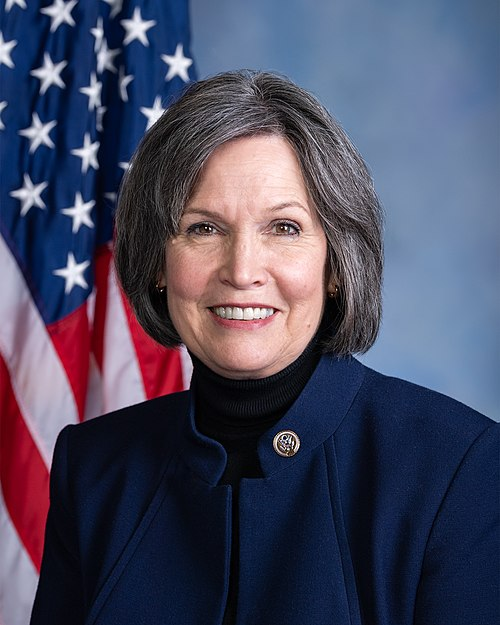
Co-Sponsor
-
TrackEleanor Holmes Norton

Co-Sponsor
-
TrackIlhan Omar

Co-Sponsor
-
TrackDelia C. Ramirez
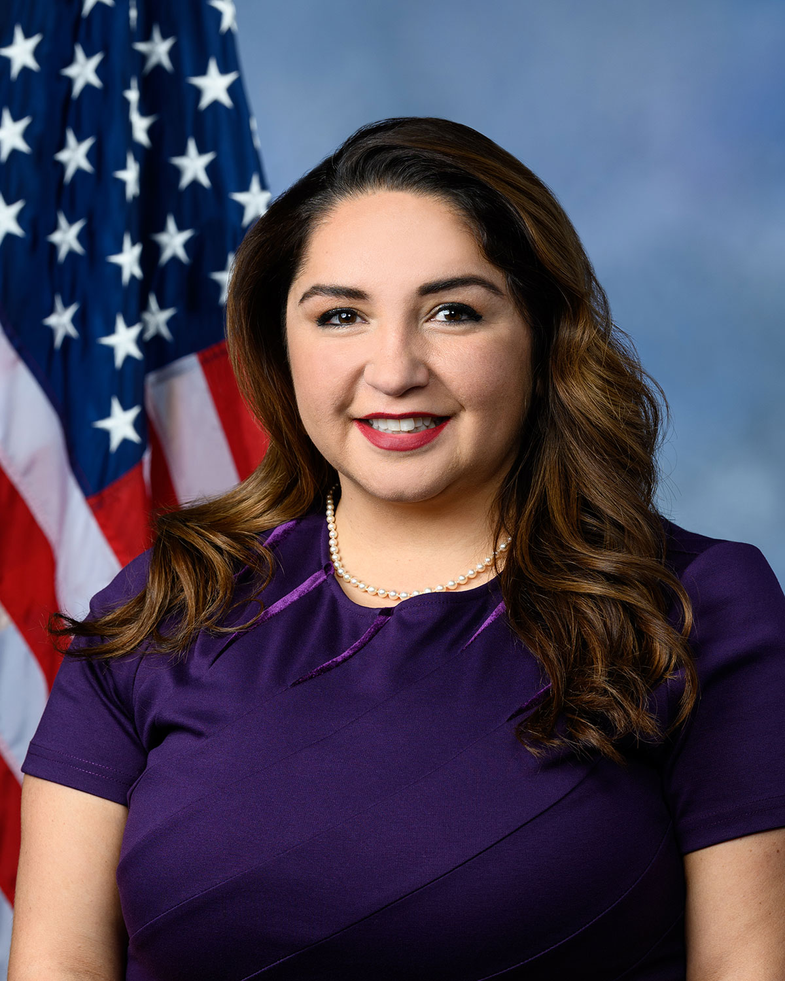
Co-Sponsor
-
TrackJanice D. Schakowsky

Co-Sponsor
-
TrackRashida Tlaib
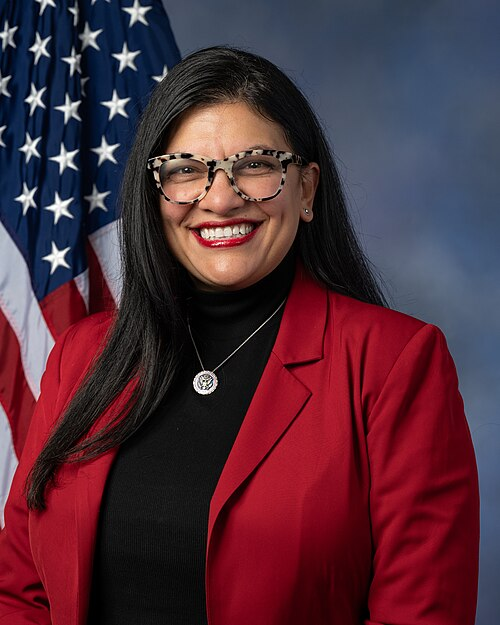
Co-Sponsor
-
TrackJill N. Tokuda
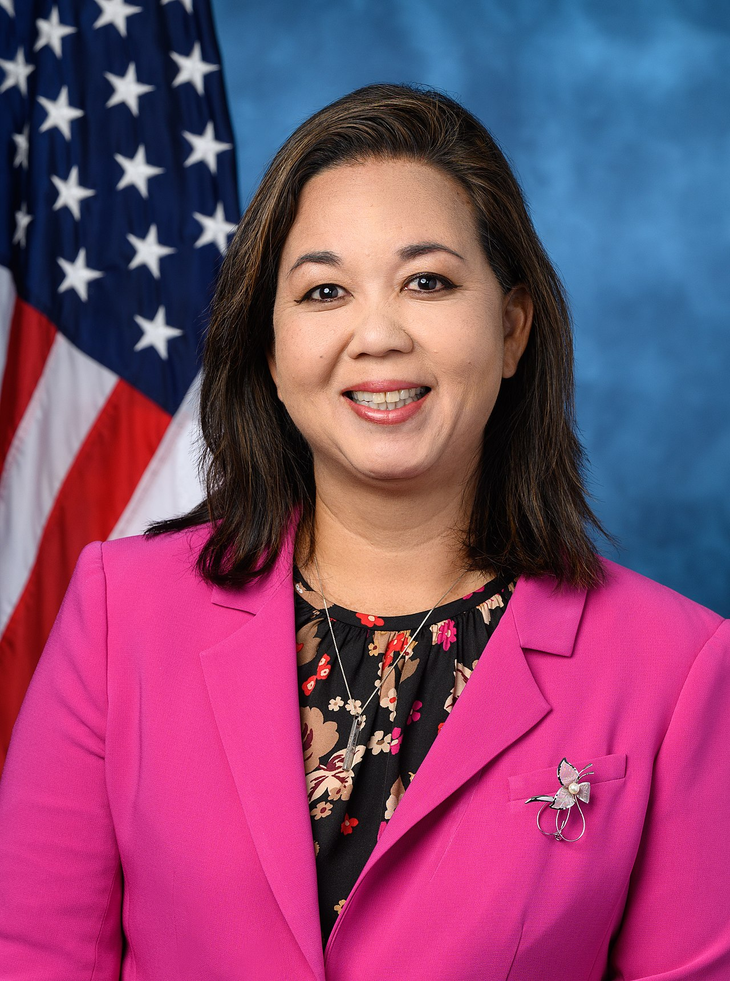
Co-Sponsor
Actions
2 actions
| Date | Action |
|---|---|
| Mar. 03, 2025 | Introduced in House |
| Mar. 03, 2025 | Referred to the House Committee on the Judiciary. |
Corporate Lobbying
0 companies lobbying
None found.
* Note that there can be significant delays in lobbying disclosures, and our data may be incomplete.
Potentially Relevant Congressional Stock Trades
No relevant congressional stock trades found.